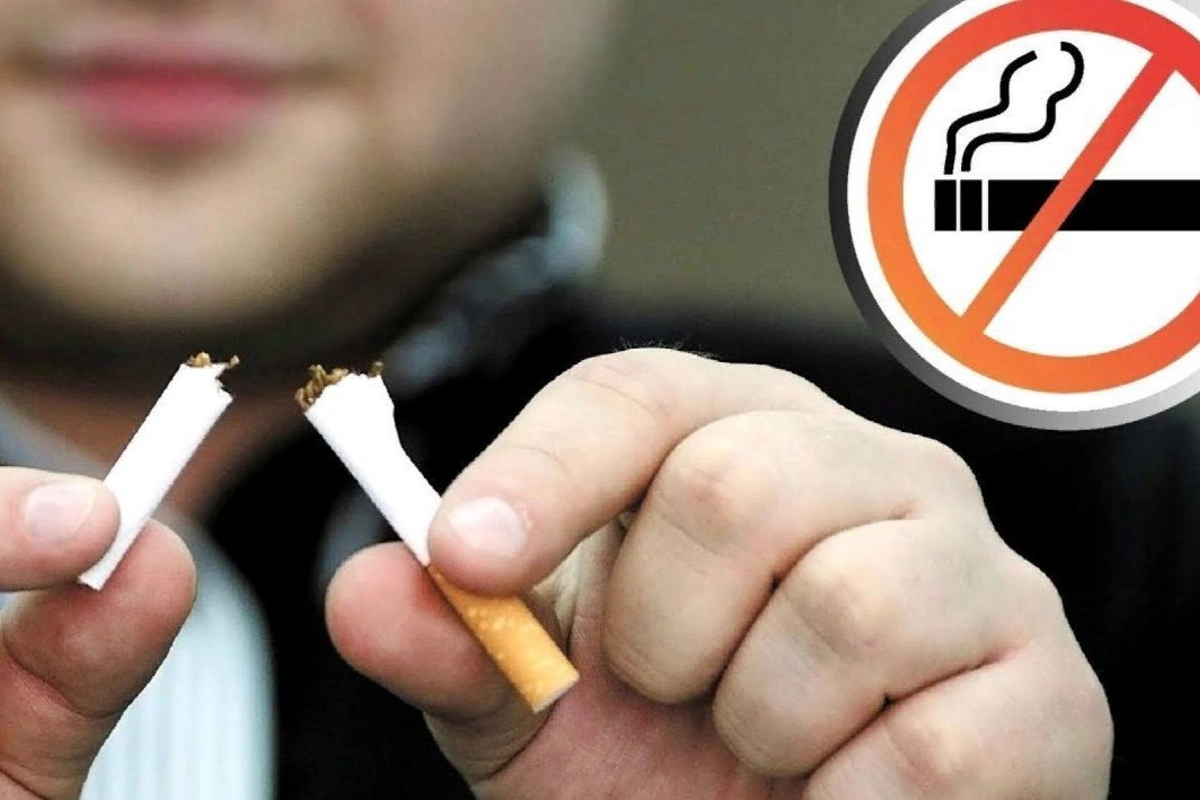Why the Smoking Habit Is Hard to Quit: The Truth About Addiction## Transcribed content from the provided text

Many smokers have tried to quit at least once in their life, but returned to cigarettes again. Some can't last even a day, some hold out for a week or a month, but eventually relapse.
Why is it so difficult to get rid of this habit, even when a person understands that smoking is harmful? The answer lies in the physiological, psychological, and social mechanisms of addiction.
Nicotine addiction is not just a habit
Smoking causes a persistent physical dependence on nicotine. This alkaloid, when it enters the brain, stimulates the release of dopamine - the pleasure hormone. A person feels relaxation, satisfaction, and reduced anxiety. Over time, the brain "gets used to" nicotine, and without it begins to experience a lack of familiar stimulation. Withdrawal syndrome occurs - irritability, anxiety, concentration problems, insomnia, and even physical discomfort.
Psychological attachment to the ritual
Smoking is often associated with certain actions and situations: morning coffee, a break at work, stress, socializing with friends. These "habitual moments" trigger an automatic chain in the head: situation - desire to smoke - smoking - relief. The ritual becomes part of everyday life, and giving it up without a replacement can be very difficult.
Social environment
If close ones, colleagues, or friends smoke, quitting becomes even harder. Constantly being around smokers not only tempts but also prevents feeling "truly free" from addiction. Even the smell of tobacco can trigger the desire to smoke.
Fear of change
Many fear that without cigarettes they won't be able to cope with stress, will become more irritable, start gaining weight, or lose some "part of themselves." This fear is intensified by unsuccessful attempts to quit in the past, when a person relapsed and began to think that "they just can't do it."
The myth of control
One of the most common myths among smokers is the belief that "I can quit at any moment, I just don't want to yet." This creates a false sense of control that prevents taking quitting seriously and seeking help when it's really needed.
Physiological restructuring takes time
Even after giving up cigarettes, the brain and body "remember" the addiction for a long time. Nicotine leaves the body within a few days, but the habit of dopamine release persists much longer. Some withdrawal symptoms can manifest for weeks, sometimes months, making the quitting period particularly difficult.
What helps overcome addiction
– Support from others: loved ones, friends, therapist
– Replacing rituals: sports, walks, breathing practices
– Understanding addiction mechanisms
– Special nicotine replacement medications (as prescribed by a doctor)
– Keeping a diary of habits and emotions
– Realistic approach: not expecting miracles, but being ready to fight
Quitting smoking is difficult not because a person has weak willpower, but because smoking is a complex mixture of physical, emotional, and social dependence. But with understanding of these mechanisms and with proper support - it is possible. Each day without cigarettes is a step toward freedom, health, and regaining control over one's own life.
Similar News
Scientists have calculated the exact sleep norm for reducing the risk of diabetes
The optimal sleep duration for reducing the risk of insulin resistance is approximately seven hours and 18 minutes per day. This was the conclusion reached by r...



 Azərbaycanca
Azərbaycanca  По-русски
По-русски  English
English 






